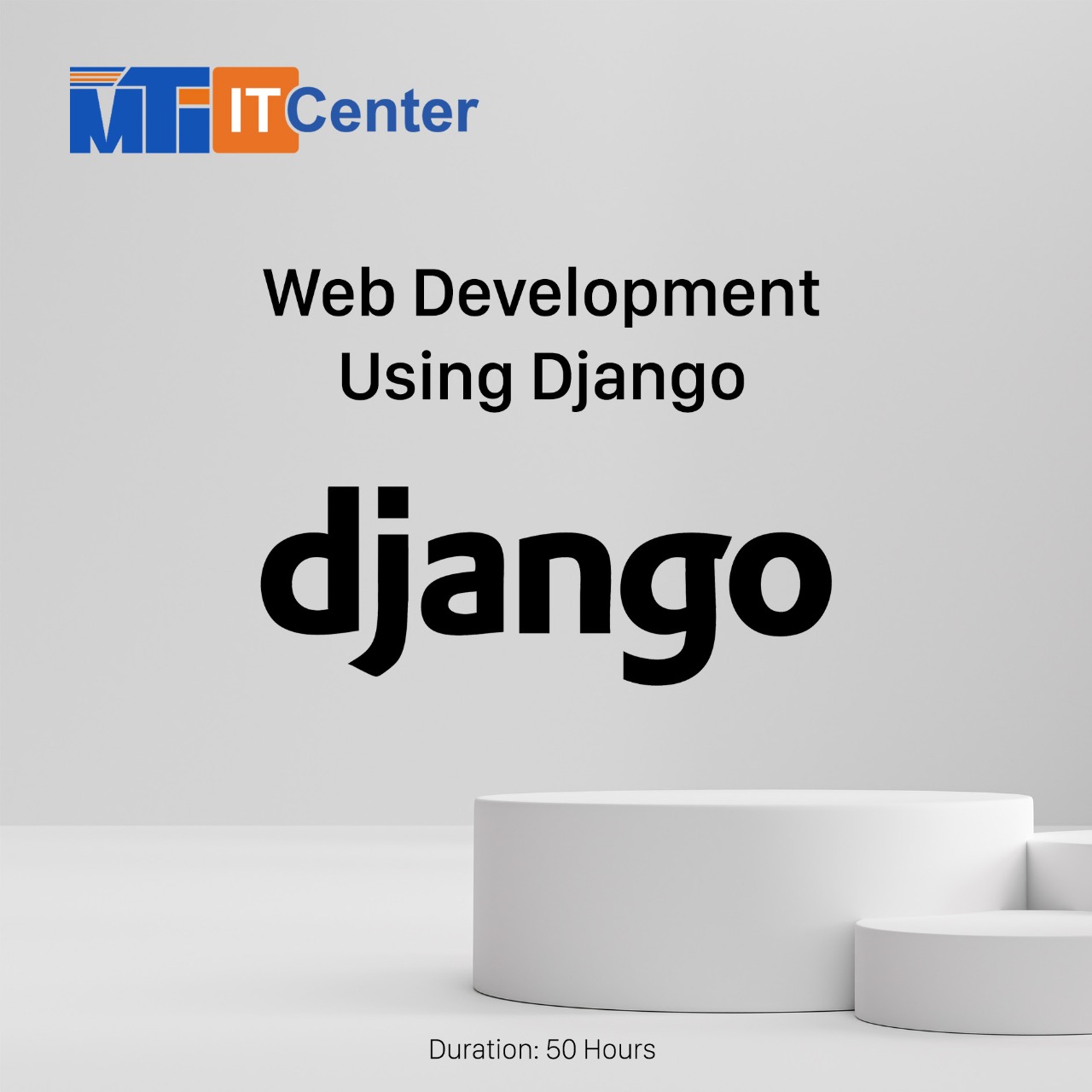
This course includes
Description
Course Overview:
Python has established itself as a powerhouse in web development, thanks to frameworks like Django. In this 10-hour course, you will be introduced to the world of web development using Python and Django, a high-level web framework known for its versatility, ease of use, and rapid development capabilities. By the end of this course, you will have a solid foundation in Python web development and be well-equipped to create your web applications using Django.
Module 1: Introduction (1 Hour)
- Get an overview of web development with Python and Django.
- Understand the importance of Django in web development.
Module 2: Django Setup (1 Hour)
- Learn how to set up Django on your development environment.
- Explore best practices for project structuring and management.
Module 3: Django Structure (Model, View, Template) (1 Hour)
- Understand the Model-View-Template (MVT) architectural pattern in Django.
- Learn how each component (Model, View, Template) contributes to web development.
Module 4: Models (Database and Models) (1 Hour)
- Dive into the world of databases in Django.
- Learn how to define and work with models to store and retrieve data.
Module 5: Django Admin (1 Hour)
- Explore Django's built-in admin interface for managing your application's data.
- Learn how to customize the admin interface for your project.
Module 6: Views (Controller) (1 Hour)
- Understand the role of views as the controller in Django's MVT pattern.
- Learn how to create views to handle user requests and produce responses.
Module 7: Templates (1 Hour)
- Dive into the world of templates and understand how to create dynamic web pages.
- Learn about template tags, filters, and template inheritance.
Module 8: Static Files (1 Hour)
- Explore how to manage and serve static files such as CSS, JavaScript, and images in your Django project.
Module 9: Routing (URL Mapping) (1 Hour)
- Learn how to map URLs to views using Django's URL routing system.
- Create user-friendly and structured URL patterns for your application.
Module 10: Forms and Model Form (1 Hour)
- Understand how to create and handle forms in Django.
- Learn the concept of ModelForms for seamless interaction with models.
Module 11: Django Rest Framework (DRF and APIs) (1 Hour)
- Dive into Django Rest Framework (DRF), a powerful toolkit for building Web APIs.
- Learn how to create APIs and expose your application's data.
Module 12: Requests and Responses (1 Hour)
- Explore handling HTTP requests and generating HTTP responses in Django.
- Learn about status codes, response types, and request methods.
Module 13: Course Project (Build Blog Application) (1 Hour)
- Apply what you've learned throughout the course to create a practical project - a Blog Application.
- Build a functional web application from scratch, including database models, views, templates, and user forms.
Upon completion of this course, you will have a strong grasp of Python web development using Django, enabling you to create web applications, manage databases, build APIs, and develop dynamic web pages with ease. Whether you are a beginner or an experienced programmer, this course provides the essential knowledge and practical skills needed to excel in the world of Python web development.